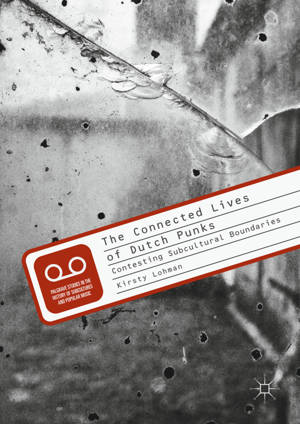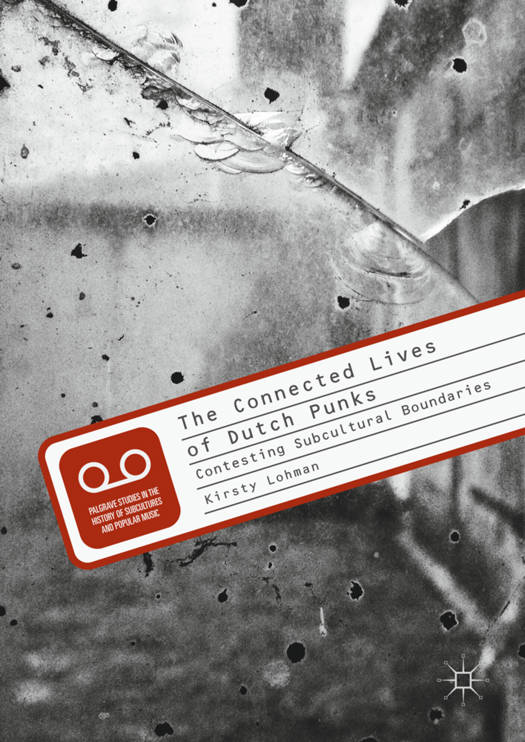
- Afhalen na 1 uur in een winkel met voorraad
- Gratis thuislevering in België vanaf € 30
- Ruim aanbod met 7 miljoen producten
- Afhalen na 1 uur in een winkel met voorraad
- Gratis thuislevering in België vanaf € 30
- Ruim aanbod met 7 miljoen producten
Zoeken
€ 94,95
+ 189 punten
Uitvoering
Omschrijving
This book is the first in-depth, ethnographic study of the Dutch punk scene. It questions the artificial boundaries of subcultural research, calling for a critical analysis of the distinctions drawn between subcultural and everyday lives, and between localised and globalised subcultures. The everyday experiences of punk are framed within the mobile and connected global subculture of which they are a part. It traces its emergence in the 1970s and its development through to 2010, with chapters that map Dutch punk historically and spatially. Further chapters explore the meanings and practices attached to punk by its participants before focusing in particular on the political affiliations of punks. This book argues for an approach to social research that recognises the 'messiness' and the 'connectedness' of punk and of the social world.
Specificaties
Betrokkenen
- Auteur(s):
- Uitgeverij:
Inhoud
- Aantal bladzijden:
- 227
- Taal:
- Engels
- Reeks:
Eigenschappen
- Productcode (EAN):
- 9783319510781
- Verschijningsdatum:
- 23/10/2017
- Uitvoering:
- Hardcover
- Formaat:
- Genaaid
- Afmetingen:
- 148 mm x 210 mm
- Gewicht:
- 544 g

Alleen bij Standaard Boekhandel
+ 189 punten op je klantenkaart van Standaard Boekhandel
Beoordelingen
We publiceren alleen reviews die voldoen aan de voorwaarden voor reviews. Bekijk onze voorwaarden voor reviews.











